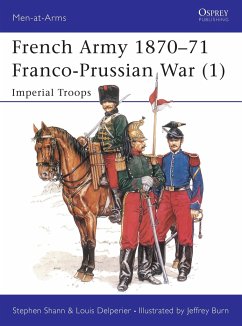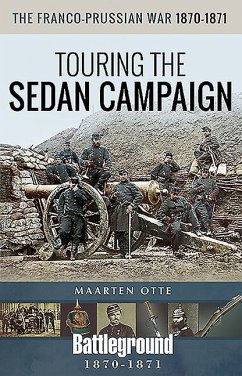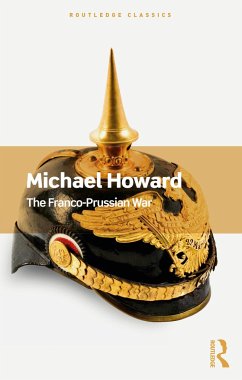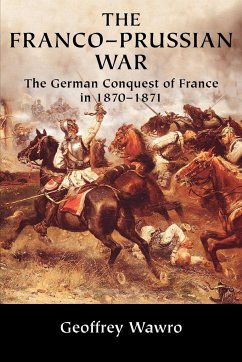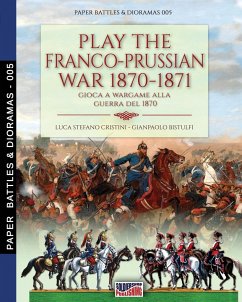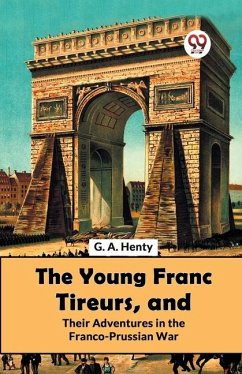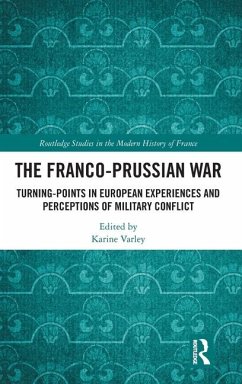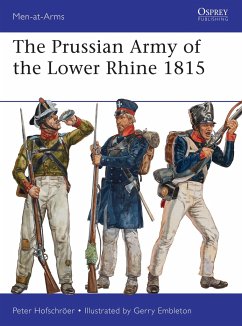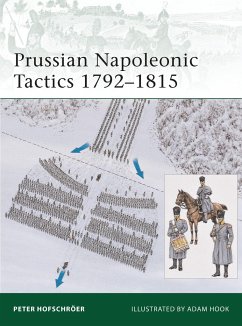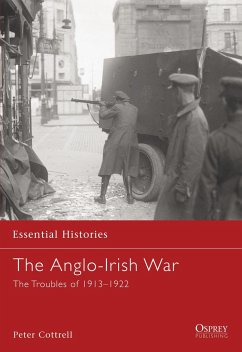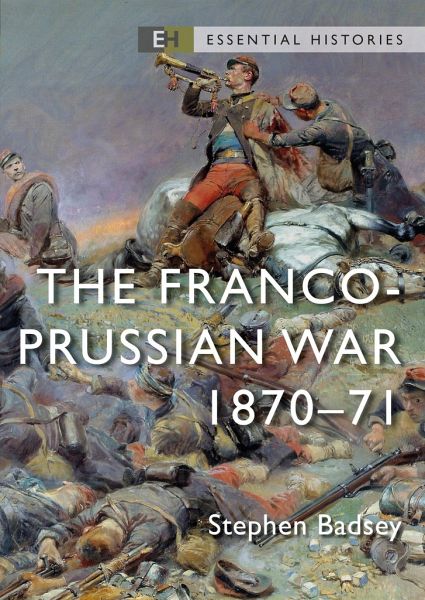
The Franco-Prussian War
1870-71
Herausgeber: O'Neill, Robert
Versandkostenfrei!
Versandfertig in 2-4 Wochen
18,99 €
inkl. MwSt.
Weitere Ausgaben:

PAYBACK Punkte
9 °P sammeln!
With updates from the author, specially commissioned maps and 50 new images, this is a concise overview of the Franco-Prussian War. The Franco-Prussian War started in 1870 when Otto von Bismarck engineered a war with the French Second Empire under Napoleon III, as part of his plan to unite Prussia with the southern German states as a new Germany. Stephen Badsey examines the build-up, battles, and impact of the war, which was an overwhelming Prussian victory with massive consequences. The French Second Empire collapsed, Napoleon III became an exile in Britain, and King Wilhelm I was proclaimed ...
With updates from the author, specially commissioned maps and 50 new images, this is a concise overview of the Franco-Prussian War. The Franco-Prussian War started in 1870 when Otto von Bismarck engineered a war with the French Second Empire under Napoleon III, as part of his plan to unite Prussia with the southern German states as a new Germany. Stephen Badsey examines the build-up, battles, and impact of the war, which was an overwhelming Prussian victory with massive consequences. The French Second Empire collapsed, Napoleon III became an exile in Britain, and King Wilhelm I was proclaimed Emperor of the new united Germany. In the peace settlement that followed, Germany gained the eastern French provinces of Alsace and Lorraine, areas that were to provide a bone of contention for years to come. Updated and revised, with full-colour maps and new images throughout, this is a concise study of the largest and most important war fought in Europe between the age of Napoleon and the First World War, a war that marked the beginning of the creation of modern Europe.





